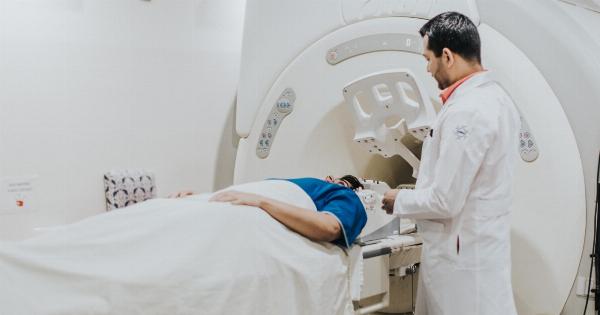Widowhood is a life-altering event that can have a profound impact on a person’s health and well-being.
Losing a spouse is often referred to as the “silent killer” because the effects it has on an individual can be long-lasting and detrimental. Understanding the challenges faced by widows and the importance of support systems is crucial in helping them navigate through this difficult period.
The Physical Toll of Widowhood
When someone loses their spouse, they not only lose a life partner but also someone who provided emotional support and companionship. The physical toll of widowhood can manifest in various ways.
One common consequence is an increased risk of developing chronic health conditions such as heart disease, hypertension, and diabetes. The stress and grief experienced after losing a spouse can weaken the immune system, making the body more susceptible to illnesses.
Moreover, widows often experience disruptions in their sleep patterns, leading to insomnia or restless nights. The lack of quality sleep can further impact their physical health, leaving them feeling fatigued and drained.
Sleep deprivation has been linked to weakened immune function, hormonal imbalances, and an increased risk of mental health disorders.
The Emotional Impact
Widowhood brings an overwhelming sense of grief and loss. The emotional impact can be devastating, leading to feelings of sadness, loneliness, and despair.
The sudden absence of a spouse can trigger symptoms of depression and anxiety, further exacerbating the grieving process.
Studies have shown that widows often experience higher levels of stress and have an increased risk of mental health disorders compared to their married counterparts.
They may struggle with feelings of guilt or regret, questioning whether they could have done anything differently to prevent their spouse’s passing. The emotional toll of widowhood can significantly impact the overall well-being of an individual if not adequately addressed.
Social Isolation and Loneliness
When a spouse passes away, the surviving partner often loses a significant source of social connection. The shared networks and friendships built during the marriage may change or become less accessible.
This can lead to social isolation and a heightened sense of loneliness.
Loneliness is more than just feeling alone; it is a chronic state that has detrimental effects on both mental and physical health.
Research has shown that loneliness can increase the risk of developing cardiovascular diseases, cognitive decline, and mental health disorders such as depression and anxiety. It is imperative for widows to find new avenues for social support and seek opportunities to rebuild their social networks.
The Importance of Support Systems
Widows who have strong support systems in place tend to fare better in terms of their health and well-being. Having friends and family who provide emotional support can help alleviate some of the grief and loneliness experienced after losing a spouse.
Additionally, participating in support groups specifically designed for widows can create a sense of community, where individuals can connect with others who have gone through similar experiences.
Support systems can provide an outlet for expressing feelings and emotions, offering a safe space for widows to share their thoughts without judgment. Engaging in activities and hobbies that bring joy and meaning can also help in the healing process.
Widowhood at Different Life Stages
The impact of widowhood can vary depending on the life stage at which it occurs. Younger widows may face additional challenges, such as being left with the responsibility of raising children on their own.
They may also have to navigate financial burdens and sudden changes in household dynamics.
Older widows, on the other hand, may struggle with adjusting to life without their partner after many years of companionship.
They may face increased vulnerability to physical health issues and financial instability, particularly if they relied on their spouse for support or were not actively involved in financial decision-making.
Navigating through Widowhood
Navigating through widowhood involves acknowledging and accepting the grief and loss while seeking support and assistance when needed. It is crucial for widows to prioritize self-care and engage in activities that promote healing and well-being.
Therapy or counseling can be immensely beneficial in helping widows process their emotions and develop coping mechanisms. Support groups provide a sense of belonging and allow widows to connect with others who understand their unique struggles.
Seeking financial advice and assistance can help widows navigate potential financial challenges they may face.
Conclusion
Widowhood is a silent killer that has a profound impact on an individual’s health and well-being.
Understanding the physical, emotional, and social implications of losing a spouse is crucial in providing the necessary support and resources to those experiencing widowhood. By recognizing the challenges faced by widows and promoting strong support systems, we can help them navigate through this difficult period and rebuild their lives with resilience and strength.






























